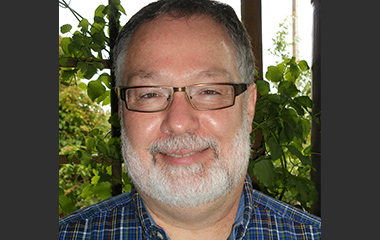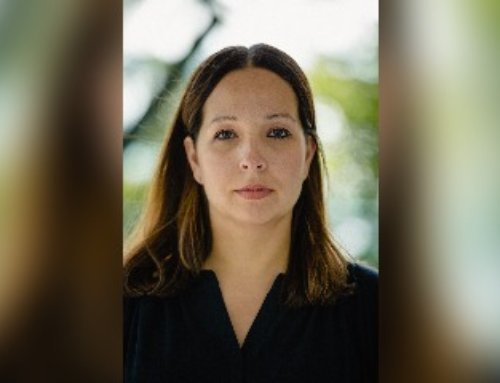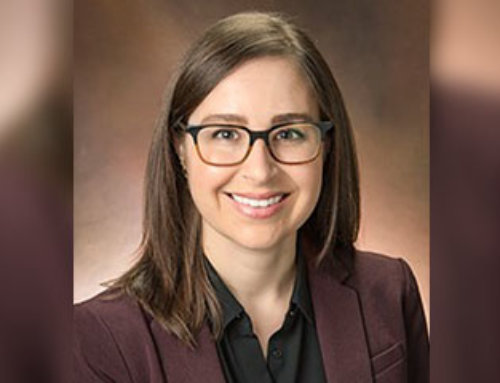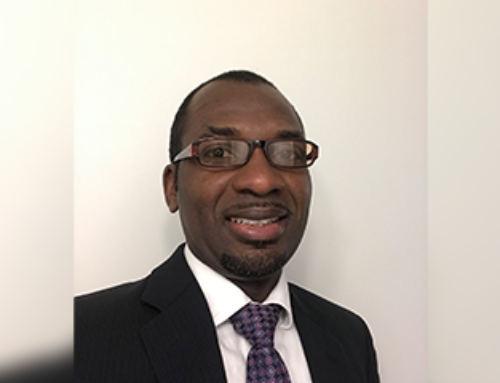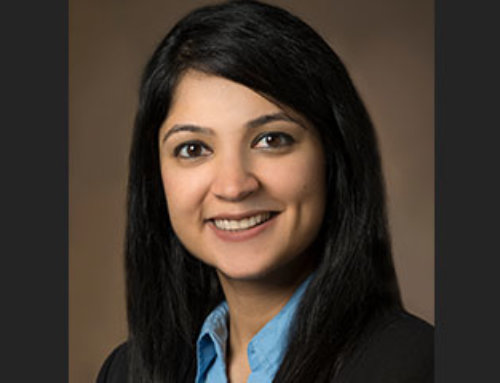2011 Focused Projects Award – Humanitarian Projects
As an anthropologist, James Spilsbury, PhD, studies the social and cultural context of sleep, with a special focus on the effects of violence on disadvantaged children’s health and well-being. An Assistant Professor in the Center for Clinical Investigation at the Case School of Medicine in Cleveland, he has benefited greatly from the families who have given him access to their lives while participating in his research. But he never had an opportunity to give back to them.
Then Spilsbury became the project director for Case Western Reserve University’s “Sheets & Blankets Project,” made possible by a Humanitarian Projects Award from the American Academy of Sleep Medicine Foundation (AASM Foundation) in 2011. The grant afforded him a unique opportunity to help meet a basic, tangible need for hurting children and families in the Cleveland area.
“This grant is clearly an opportunity to give back to the community,” said Spilsbury. “In my case this was a population of people I was working with for my research.”
The project involved a partnership with Mental Health Services (MHS), a non-profit organization that provides homeless, crisis and trauma services for residents of Cuyahoga County. MHS offers the Children Who Witness Violence Program, which provides assistance to children and families who have experienced violence, many of whom are psychologically traumatized by these events.
In the project’s first phase, Spilsbury collaborated with Reena Mehra, MD, a board certified sleep medicine physician at University Hospitals Case Medical Center and member of the American Academy of Sleep Medicine. Together they conducted two training sessions for MHS social workers, educating them about the importance of sleep, good sleep hygiene, and sleep problems related to posttraumatic stress disorder.
“Ultimately it helped put sleep on the radar screen of these social workers,” said Spilsbury.
The project’s second phase involved the distribution of bedding materials by MHS staff to more than 300 children and teens from about 100 economically disadvantaged families. The children had witnessed or been victimized by an incident of family or community violence and typically were referred to MHS by law enforcement officers. The social workers also shared information with families about sleep and made suggestions about how to make the families’ sleep environments more ‘sleep friendly.’
Bedding materials provided to the children included sheets, pillows, pillowcases, blankets and nightlights. Families were enthusiastic about receiving these materials. One child didn’t know how to use the pillowcase because he had never owned a bed pillow. A teenage girl squealed with delight when she received a set of quality, stylish sheets.
“It was clear that some of the kids had never received new bedding materials before,” said Spilsbury.
In other cases, violent events had forced families to move, at times to residences without any bedding. MHS staff were able to help these families improve some of the sleep conditions for kids experiencing challenging circumstances.
About 50 children received sleeping bags and pads because they split their time between multiple households. Almost half of the children, including one-third of teens, also needed a waterproof mattress pad, suggesting that trauma-related bedwetting was a common problem even in older children.
Providing the bedding materials also helped the social workers build rapport with the families they serve.
“The social workers often feel that they don’t have concrete resources to offer families in need,” said Spilsbury. “In particular families, it helped open the door for them in the engagement process.”
Building on the experience he gained from the project, Spilsbury currently is working with colleagues to develop an intervention for children with PTSD, which will include efforts to improve their sleep environment. He intends to submit an application to the National Institutes of Health requesting funding to test the intervention.
Updated March 29, 2018


